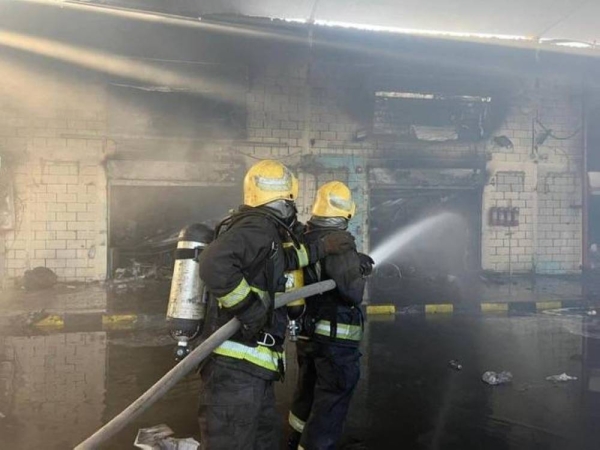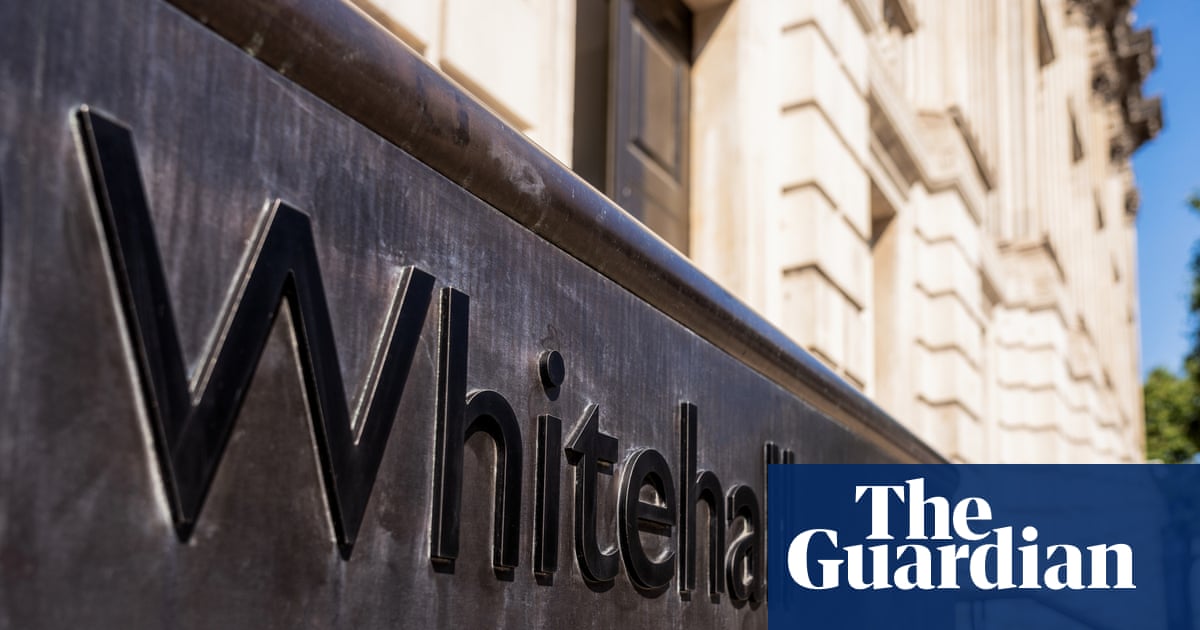
The Foreign Office’s most senior civil servant has been forced to issue a second clarification within three days over oral evidence he gave to MPs earlier this week.
Sir Simon McDonald said police were free to seek to prosecute overseas diplomats suspected of criminal offences in the UK, and cannot be directed by the Foreign Office that the diplomat has blanket immunity.
His clarification overrode his previous implication that the police could not prosecute an overseas diplomat if told by the Foreign Office the individual has immunity.
There have been suggestions the Northamptonshire police felt they were told by the Foreign Office it was not possible for the police to prosecute Ann Sacoolas, the wife of a US intelligence officer, after the car she was driving killed 19-year-old motorcyclist Harry Dunn last August. The instruction led the police to take no action to arrest Sacoolas, who left the country a fortnight later.
The issue may prove important if the Dunn family are successful in their application for a judicial review into the Foreign Office’s handling of the case, since one issue may prove to be the degree of coordination between the UK police and the Foreign Office.
On Tuesday, before the foreign affairs select committee, McDonald implied the police had no discretion whether to prosecute once it had been informed by the Foreign Office she had immunity. “The police will always refer immunity matters as a matter of course,” he told the committee.
Foreign Office lawyers, after a few days of indecision in the immediate wake of the accident, decided Sacoolas had diplomatic immunity as the dependant of an agent working at the US spy base RAF Croughton.
McDonald in his letter to the select committee also clarifies the extent of the contact between UK and state department lawyers prior to the UK concluding she had immunity.
In his oral evidence, he said there had been conversations between government lawyers in Washington and London, a degree of contact criticised by lawyers acting for the family of Harry Dunn.
But McDonald now says legal teams in Washington and London considered the issues separately. He said: “There were no conversations at all between the UK and US government lawyers dealing with this issue during the relevant period. The respective positions of the UK and the US were exchanged through diplomatic correspondence in the ordinary way”
Foreign Office lawyers came to the view that Sacoolas had immunity since although a treaty negotiated between the UK and the US waived immunity for US agents working at the base, the treaty was silent on whether the waiver applied to their dependants.
McDonald himself described the conclusion that the dependants had waivers but the agent or diplomat did not as “apparently illogical”, but argued if the treaty was silent on the dependant’s status then the law as it existed before applies.
On the degree of police latitude in prosecuting a diplomat, McDonald supplements his evidence, writing: “The FCO and the police work together closely on immunity issues, and, in that context, the police will refer questions about immunity to the FCO as a matter of course. The FCO is responsible for engaging with the sending state and for seeking waivers of immunity where necessary.
“However, all parties involved in these cases operate within the accepted framework of the operational independence of the police, it being for them to determine what steps to take in the investigation of criminal offences. All parties are also aware that while the FCO can provide assistance on questions of immunity, and in particular on relevant questions of fact, questions of law under the Vienna convention are ultimately for the courts (as indeed are all questions of law)”.
Earlier this week, McDonald in a separate letter to the committee had to reverse a claim made at the same committee session that it had been a decision by politicians to refuse to join a EU ventilator scheme. His original claim created a political furore, but he later withdrew it.












